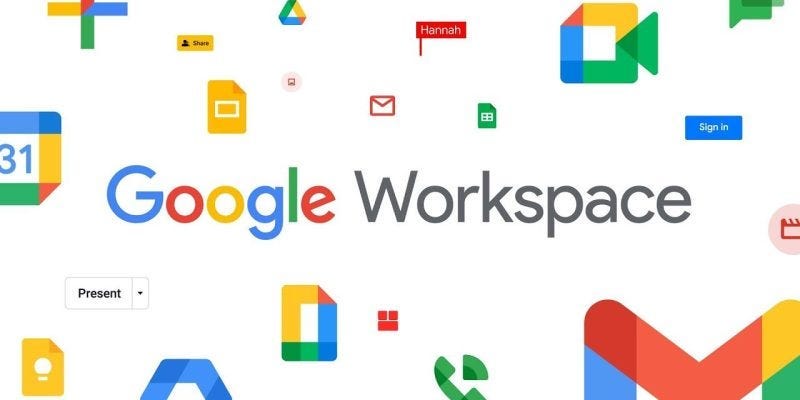Google Workplace Replacement
Google Workspace for long has been the de-facto collaboration and communication tool for small and medium businesses as well as emerging…
Google Workspace for long has been the de-facto collaboration and communication tool for small and medium businesses as well as emerging enterprises. Being an intuitive tool to both configure and use, it did not require too much of information technology support oversight. But as the world started moving towards remote working, their need to add security and governance to their data increased multifold and so did convenient to use single sign on and multi factor authentication. as well as managing BYOD and Company owned devices.
While these organizations were looking for such functionalities within Google Workspace, they realized significant that they would need to either to the highest version of Google Workspace, or purchase addition SKU, or move to a different operating systems to address these concerns.
During a recent survey I conducted with several enterprises, and small businesses, I found the following were the reasons to look for an alternative to Google Workspace Replacement (G Suite Replacement)
Price Change
Jan 2019, Google announced a price change for Google Workspace SKU, which, while it was not very significant, it did impact the overall Total Cost of Ownership for Google Workspace. G Suite Basic was increased to USD 6 from USD 5, G Suite Business was increased to USD 12 from USD 10, while keeping the G Suite Enterprise licensing rates same.
Product Offering
And then in October 2020, Google announced another significant change to Google Workspace by adding new subscription family similar to Microsoft 365 to address different segments of customers.
Business family-For smaller businesses, Google introduced tailored offerings that make it easy and cost-effective to get started with Google Workspace-including best-in-class collaboration and productivity tools, security protections, and administrative controls.
Enterprise family-For larger businesses, Google introduced a set of offerings with additional productivity features, enterprise-grade administrative controls, and their most advanced security and compliance capabilities, available at both the team and organization level.
However, this impacted functionality on few product editions
Vault — Vault is an information governance and eDiscovery tool for Google Workspace. With Vault, you can retain, hold, search, and export users’ Google Workspace data. Vault was initially available in G Suite Business Edition for 12 USD but now has been moved to Google Workspace Business Plus Edition which is now a 18 USD plan.
No More Unlimited Plans — As the following table depicts, several unlimited functionality with respect to storage or number of objects has been capped.
3. No Slack or Teams Equivalent — While Google Workspace introduced Rooms, The main difference between both apps is that Rooms works in threads, which means anyone in the team can start a thread about a specific matter. Everybody else will answer on it, centralizing the communication. However, Channels are more persisitent and is continuous, and threads can be created on specific messages that people sent.
Lack of Enterprise Scale
Both Emerging Enterprises and Large Enterprises have different needs when it comes to security and end point management. And while Microsoft 365 has different SKU options around device management using Microsoft Intune and Microsoft Enterprise Mobility & Security, as well as CASB solutions like Microsoft Cloud App Security and Microsoft Defender, Google’s Chrome Enterprise and BeyondCorp significantly lacks these functionality that’s meets to these demands.
Lack of Multi Product Edition Functionality on Single Tenant
There are situations where small and medium businesses, as well as enterprises would need to cross match different SKU to cater different persona of people, Google Workspace hasn’t made that functionality available to consumers. Unless you are working directly with Google or a Google Partner on a significant number of licenses, you cannot, at will, choose to use Google Workspace Business Starter, Business Standard, Business Plus and Enterprise on a single tenant even across different organizational units.
Given these parameters, while Small & Medium Businesses are still coping up with these changes, emerging enterprises are evaluating Google Workspace Replacement to address their ever growing business needs. And to address these GAPs, it is imperative that both Small & Medium Business as well as Emerging Enterprises identify strategies to mitigate or replace Google Workspace gaps with scalable product stack. The following strategies are available when planning to migrate away from Google Workspace
Migrate to Microsoft 365
Hybrid Deployment with Microsoft 365 and Google Workspace
Hybrid Deployment with Google Workspace and third party product stack in categories like Security, Device Management, Identity & Access Management, SIEM & CASB.
Originally published at https://raveegokulgaandhi.com on October 30, 2020.


